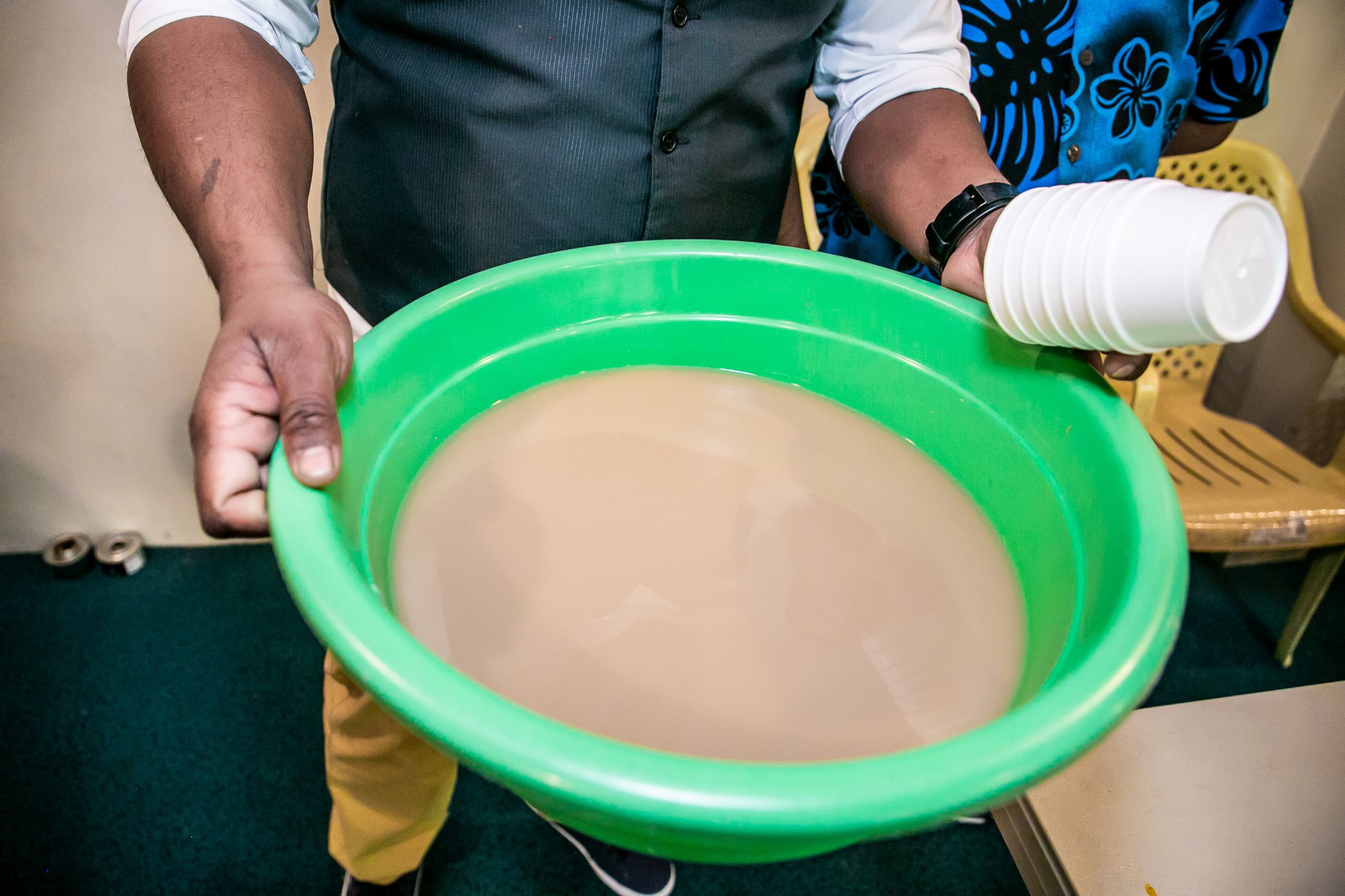
While kava has a long history of spiritual and cultural use, it’s the kava effects most people are most interested in today. This plant-based product is slightly different than CBD and THC, but it’s often confused for these substances. Alcohol is another intoxicating substance many people want to compare and contrast against kava.
Kava is quite different from any other herbal supplement or substance, whether taken as a drink or a capsule. Knowing what to expect will prepare you for its effects.
What is Kava?
Kava, also known as kava kava, is a plant-based drink or supplement. It’s made from the root of the Piper methysticum plant, which is native to the Polynesian islands and the South Pacific. Originally used for ritual and religious purposes, it’s now used worldwide for relaxation, pain relief, and assistance with sleeping. However, it is only considered a dietary supplement and not a treatment for any specific condition, so users have to work out how it affects them on their own. In that respect, it’s similar to CBD, THC, and alcohol.
Kava vs. Cannabis
Kava has a relaxing, somewhat mood-altering effect on most people that take it. In comparison, many people also report similar experiences when using cannabis. However, kava tends to be calming and sedating, making it more like an Indica strain of marijuana than a sativa.
Kava comes in different preparations and strains like cannabis, but the exact content of the active compounds known as kavalactones is not always labeled.
In contrast, most medical and recreational cannabis products are tested and labeled as to their content. This makes it a little harder to predict how any one kava product might affect you unless it’s been standardized.
There is evidence that one of the active ingredients in kava, yangonin, affects the same parts of the brain as the THC in marijuana. However, more research is needed before this is confirmed or denied.
Kava vs. CBD
CBD is just one compound found in cannabis, but it’s often extracted to provide potential pain relief and calming without the noticeable “high” that comes from the THC. That’s one thing that immediately sets it apart from kava, which definitely has a noticeable effect as well. Kava effects include a sedative, calming effect that is usually more obvious and immediate than the effects of CBD.
While some CBD users report that they feel less anxious or depressed after weeks of taking a supplement, these effects can be reported after a single use of kava. Yet, the potential for negative side effects is also greater for kava than for CBD.
There is a concern about liver damage from long-term and high dosage use of kava, which has not been a problem with CBD products. These two products should be safe to use together, although you should combine them with caution since CBD may increase the total kava effects.
Kava vs. Alcohol
Kava and alcohol definitely increase each others’ effects when combined, which can be a cause for concern. Since both are sedative and relaxing, the combined effect can be too strong. As a result, it’s best to avoid alcohol while taking kava supplements and to wait a day or two between the last use of kava and the next use of alcohol. Many people try to replace an alcohol habit with kava use, so knowing when the compounds may still be overlapping and putting extra strain on the system is important.
Alcohol has a similar liver damage risk to kava, but it is better studied. This means there are clearer guidelines for safe alcohol use than there are for kava. However, both put you at some risk. If you’re looking for a product with a similar sedating effect with fewer potential side effects or health risks, CBD or cannabis may be a better choice. Alcohol and kava are legal in more areas than cannabis, making them popular with people who can’t access THC products.
Kava effects can be helpful, but they’re best used for short-term relief rather than as a long-term supplement. When the active ingredients receive further study and human trials, it’ll be easier to determine how much kava is safe to use. Consider CBD as an alternative that’s legal in all 50 states or marijuana if you live in a state where it’s legal.


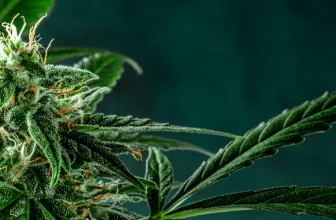
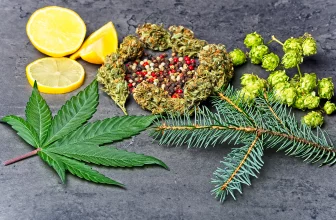
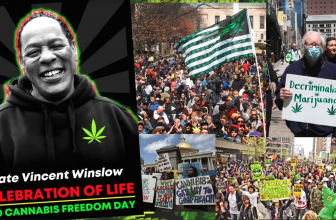
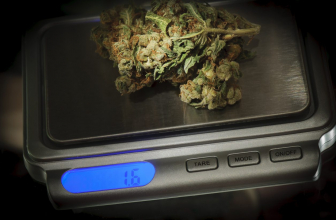

[…] kava can easily be obtained since it’s not a controlled substance in the United States. (Click here for comparisons of kava kava with cannabis and CBD, incidentally.) Thus, those who can’t use […]